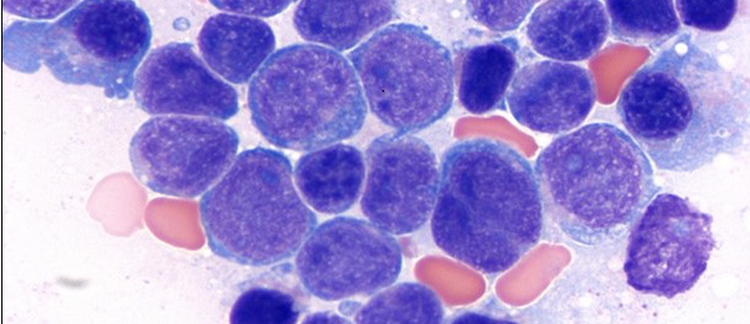Abstract
Aims: There is a paucity of evidence-based guidelines supporting test selection after allogeneic stem cell transplantation for the assessment of residual disease and bone marrow chimerism, although common clinical practice typically includes some measures of both. This study aims to evaluate the accuracy of chimerism studies to predict residual disease and clinical outcome. Methods: We retrospectively reviewed both chimerism and residual disease studies associated with 334 bone marrow samples from 143 patients with a range of hematologic malignancies, with a mean of over 2 years of additional follow-up to assess relapse rate. Results: Of 334 cases, 266 showed no histologic evidence of disease. Ancillary tests for residual disease were available in 260/266 cases, with negative results in 87% (227/260) of cases. Mixed chimerism (MC) was found in 48% (108/227) of these cases. In addition, 30.3% of cases with residual disease by ancillary testing demonstrated complete engraftment (CE). No significant difference in relapse rates between MC (19.5%) and CE (16.3%) patients was found in patients who received reduced intensity chemotherapy conditioning regimens (RIC) (p=0.69). Similarly, relapse rates of MC and CE in patients who received myeloablative conditioning (MAC) were 11.1% and 17.5%, respectively (p=0.47). Conclusions: Bone marrow engraftment analysis did not reliably correlate with residual disease status as measured by a number of different methods in the setting of typical preparative regimens (classified as either RIC or MAC). In addition, we found no uniform association between chimerism status and relapse. This study raises concerns about the value of chimerism studies to predict clinical outcomes related to disease status.
Keywords
engraftment, chimerism, residual disease monitoring, stem cell transplantation, hematopoietic neoplasms
How to Cite
Kuba, M. G. & Douds, J. J. & LaFrance, D. & Seegmiller, A. C. & Mosse, C. A. & Vnencak-Jones, C. L. & Kim, A. S., (2018) “Chimerism Assessment is not a Reliable Surrogate for Disease Monitoring after Stem Cell Transplantation”, Hematopathology 2(2), 84-95.
101
Views
230
Downloads
